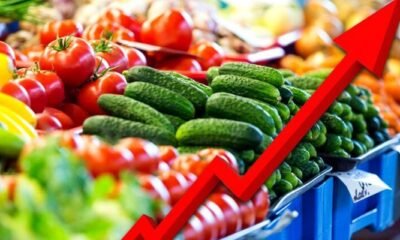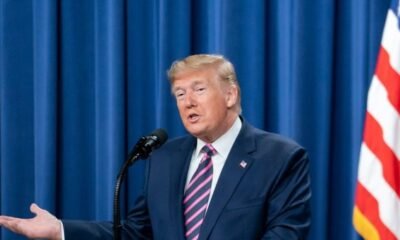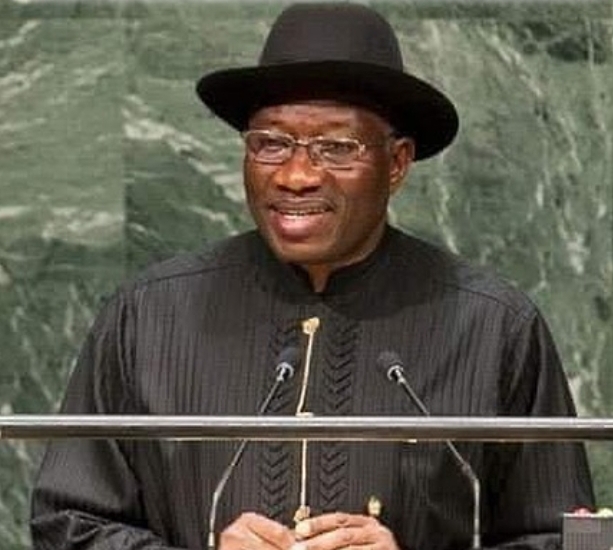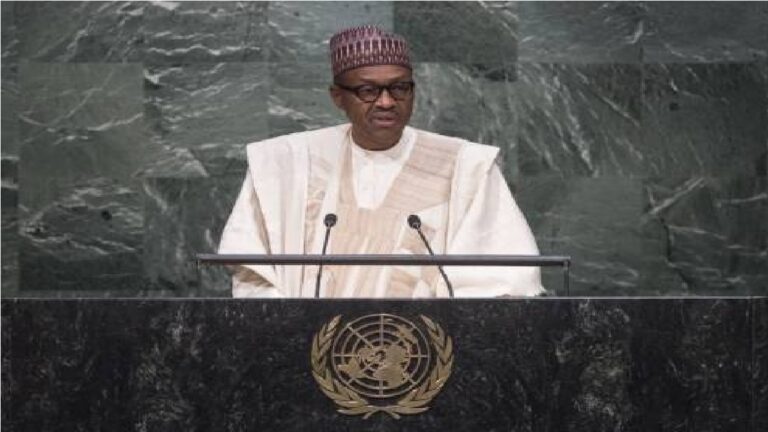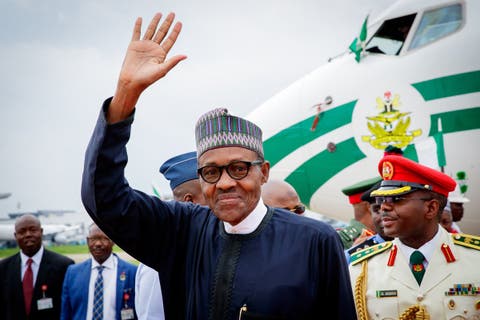Headline
UN Sounds Alarm: Global Economy on a Knife-Edge as Trade Wars and Inflation Threaten Recovery
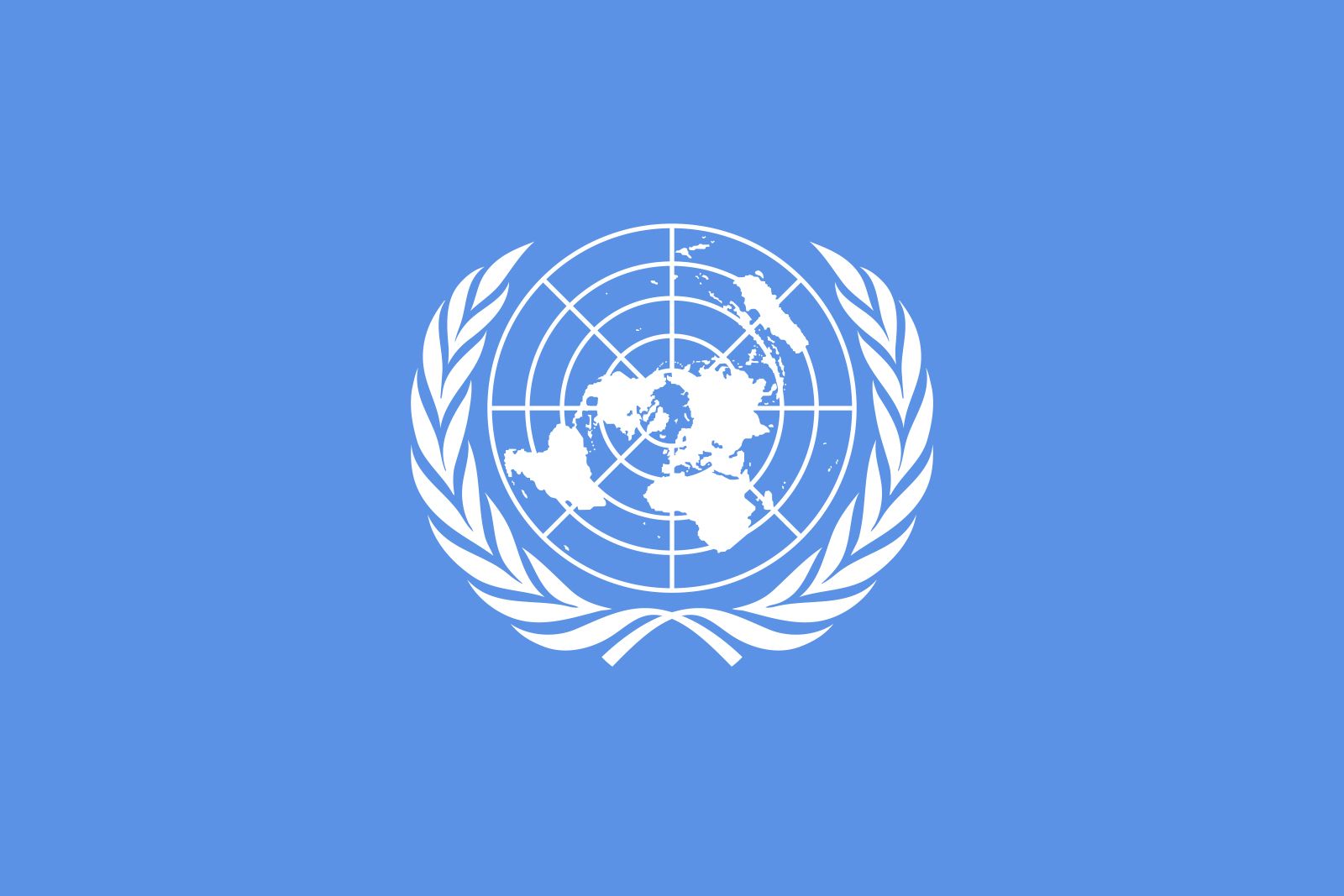
The United Nations Department of Economic and Social Affairs (UN DESA) has issued a stark warning about the precarious state of the global economy, which now stands at a fragile turning point amid rising trade tensions and increasing policy uncertainties.
In its latest report released on Thursday, UN DESA highlighted that tariff-driven price pressures are exacerbating inflation risks, making economies heavily reliant on trade particularly vulnerable. The report emphasized that escalating tariffs and shifting trade policies threaten to disrupt global supply chains, drive up production costs, and stall critical investment decisions, all of which could undermine global growth prospects.
This economic slowdown is not confined to one region but is widespread, impacting both developed and developing nations. For example, the United States is expected to experience a significant growth slowdown as higher tariffs and policy unpredictability dampen private investment and consumer spending.
Several key developing economies, including Brazil and Mexico, have also seen their growth forecasts revised downward. China’s economy is projected to grow by 4.6 percent this year, a decline from 5.0 percent in 2024. This deceleration reflects weakening consumer confidence, disruptions in export-driven manufacturing, and persistent challenges in the Chinese property market.
By early 2025, inflation rates exceeded pre-pandemic levels in two-thirds of countries globally, with over 20 developing nations grappling with double-digit inflation. This is despite a general easing of headline inflation worldwide between 2023 and 2024.
Food inflation remains particularly severe in Africa and South and Western Asia, averaging above six percent, disproportionately affecting low-income households. Rising trade barriers and climate-related shocks are compounding inflationary pressures, underscoring the urgent need for coordinated policy responses to stabilize prices and protect vulnerable populations.
“The tariff shock risks hitting vulnerable developing countries hard,” said Li Junhua, UN Under-Secretary-General for Economic and Social Affairs.
Central banks face the difficult task of balancing inflation control with supporting faltering economies, while many governments, especially in developing countries, have limited fiscal space to respond effectively. This grim economic outlook threatens efforts to create jobs, reduce poverty, and address inequality worldwide.
-

 Headline1 week ago
Headline1 week agoD’Tigress Edge Mali To Win Fifth Consecutive AfroBasket 2024 Title— Highlights Of The Showdown
-

 Headline4 days ago
Headline4 days agoBREAKING: Former Presidential Candidate, Sowore Regains Freedom
-

 Headline1 week ago
Headline1 week agoJUST IN: Thomas Partey’s Bail Conditions Confirmed
-

 Brands and Marketing5 days ago
Brands and Marketing5 days agoUPDATED: Naira Rises Against Dollar In Foreign Market— See New Exchange Rate
-

 News1 week ago
News1 week agoWAEC: 2025 WASSCE Released
-

 Entertainment4 days ago
Entertainment4 days agoJUST IN: WAEC Revises SSCE Results Errors, Announces New English, Maths Pass Rate
-

 Headline4 days ago
Headline4 days ago9mobile Unveils New Identity, Targets Stronger Digital Presence
-
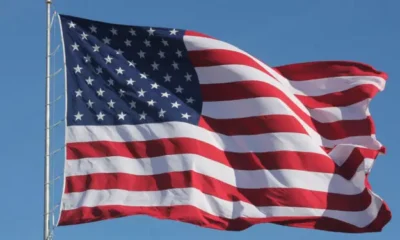
 Headline1 week ago
Headline1 week agoSkip Classes, Lose Your Visa’ – US Govt Warns International Students
-

 Headline5 days ago
Headline5 days agoBallon d’Or 2025: Organizers Release Names Of Nominees [Full List]
-

 Entertainment2 days ago
Entertainment2 days agoUPDATED: Asake, Burna Boy, Rema, Wizkid, Tyla Lead Afrobeats Charge At 2025 MTV VMAs

